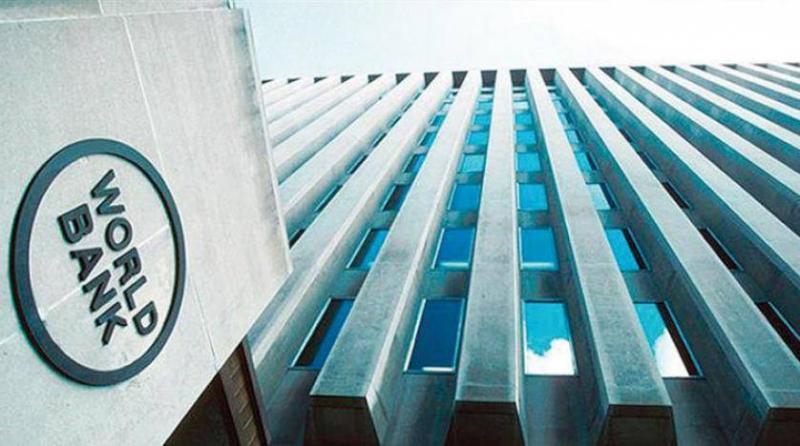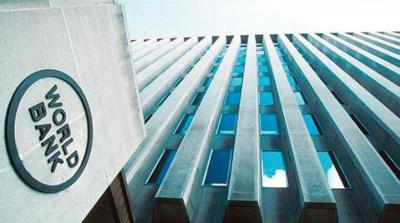Issam Abu Suleiman, the regional director of the World Bank in the Gulf Cooperation Council (GCC) countries, stated in an interview with "Al Arabiya" that the World Bank expects the economies of the GCC to grow by 2.6% this year. He explained that Gulf countries managed to control the pandemic's impact on their economies by accelerating vaccinations more successfully than many countries worldwide, which will support economic growth in the region, raising it to 4.7% next year.
He noted that Gulf states responded financially to the pandemic by maintaining public spending and injecting significant liquidity into the markets, alongside supporting private sector debts, which helped companies regain their activity. Detailed growth expectations for this year include 2% for Kuwait, 2.4% for Saudi Arabia, 2.7% for the UAE, 3% for Oman and Qatar, and 3.5% for Bahrain, with projections indicating these rates will increase in 2022.
The World Bank's latest report suggests that the Middle East and North Africa will experience uneven recovery in 2021, as, after a GDP contraction of 3.8% in 2020, the bank now anticipates overall regional growth of 2.8%.
Abu Suleiman expressed the World Bank's belief that Gulf countries face a significant challenge in withdrawing support incentives for companies, emphasizing that competitiveness must ensure ongoing business viability. He predicted that government incentives would diminish from now until next year, especially with growth rates expected to rise to 4%.
Regarding unemployment, Abu Suleiman stated that Gulf states have supported local employees or citizens, and with the anticipated growth, expatriate labor is expected to play a role in the economic activity again.




